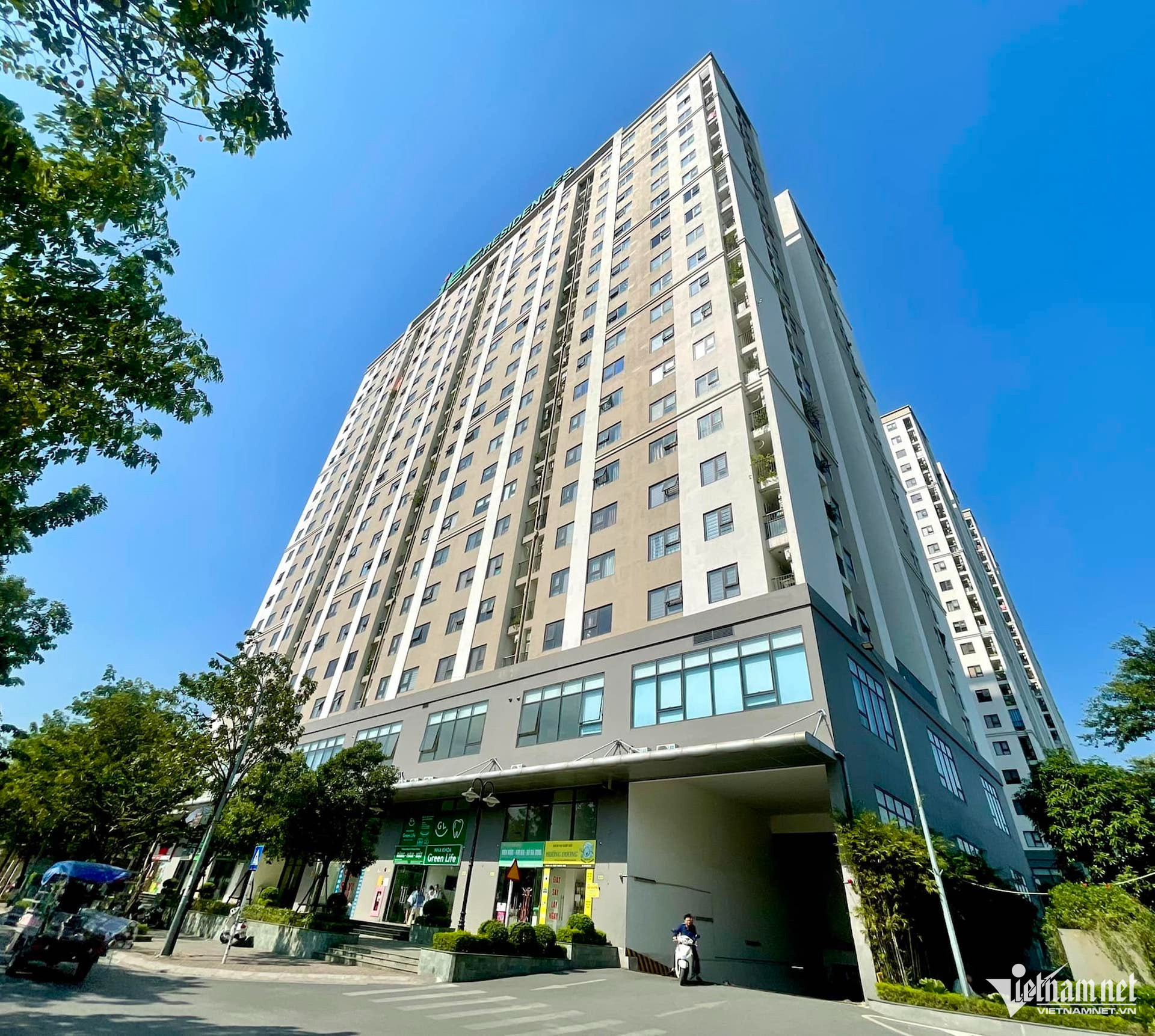
The ministry explained that the resolution aims to ensure sufficient resources to build at least 1 million social housing products for low income earners, Industrial Zone factory workers in 2021-2030; create favorable conditions for people to have accommodations; and provide housing support to beneficiaries of social welfare, low-income earners, and the poor who have housing difficulties, thus contributing to political stability and ensuring social security.
MOC estimated that to implement the government initiated 1 million social housing product development plan in 2021-2030, Vietnam would need VND500 trillion. Therefore, MOC is drafting a resolution on a preferential credit package worth VND100 trillion. The capital will be disbursed through the Bank for Social Policies to fund low-income earners’ home purchase, lease, repair and upgrading.
The lending interest rates to be applied for the VND100 trillion package will be equal to the interest rates applied to poor households and will be determined periodically by the Prime Minister.
The disbursement of the preferential credit package will last until the capital runs out, but won’t go beyond December 31, 2030.
The disbursement will be implemented as follows:
In 2025-2029, VND16.5 trillion will be disbursed each year. In 2030, the figure will be VND17.5 trillion.
To implement the plan, MOC has proposed that the government assign the Ministry of Finance (MOF) to consider issuing government bonds to obtain capital to be provided to the Bank for Social Policies which will disburse money to fund people’s home purchase, lease, building, repair and upgrading.
Meanwhile, the Ministry of Planning and Investment (MPI) will cooperate with MOF and relevant ministries to allocate capital from government bond issuance for social housing development.
While appraising investment policies for IZ infrastructure projects, it is necessary to check the allocation of land for the development of homes for factory workers, according to the Housing Law.
Currently, there are two credit sources that involved parties can access for social housing development and purchase, including the VND120 trillion offered by some commercial banks; and capital provided by the Bank for Social Policies in accordance with Decree 100.
With the VND120 trillion package, the interest rates are 1.5-2 percent lower than the average commercial interest rates applied by four state-owned banks for different periods.
However, the disbursement rate of the credit package is very low because the interest rates and required conditions are not really ‘preferential’ for low income earners in cities and factory workers.
Hong Khanh